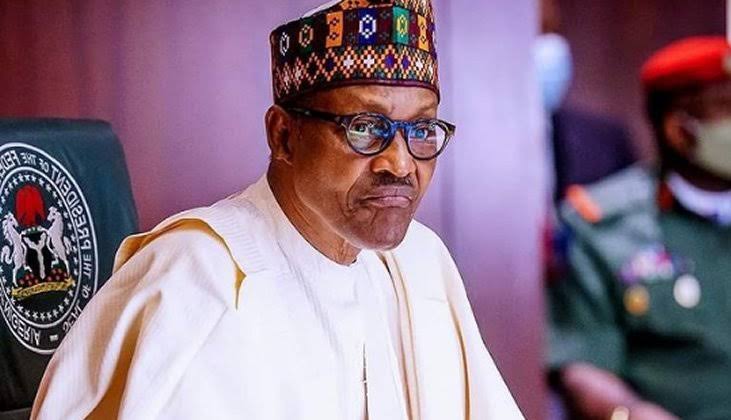Africa
The Man Finally Died -By Zayd Ibn Isah
Yet, perhaps that is not entirely the fault of government alone. There is blame to share. Our institutions must do more to communicate, to build trust, and to remain accessible. At the same time, we, the people, must learn to ask better questions, demand evidence, and resist the temptation to hold onto convenient lies. As citizens, we cannot expect accountability from our leaders if we ourselves do not seek the truth and insist on it.

























